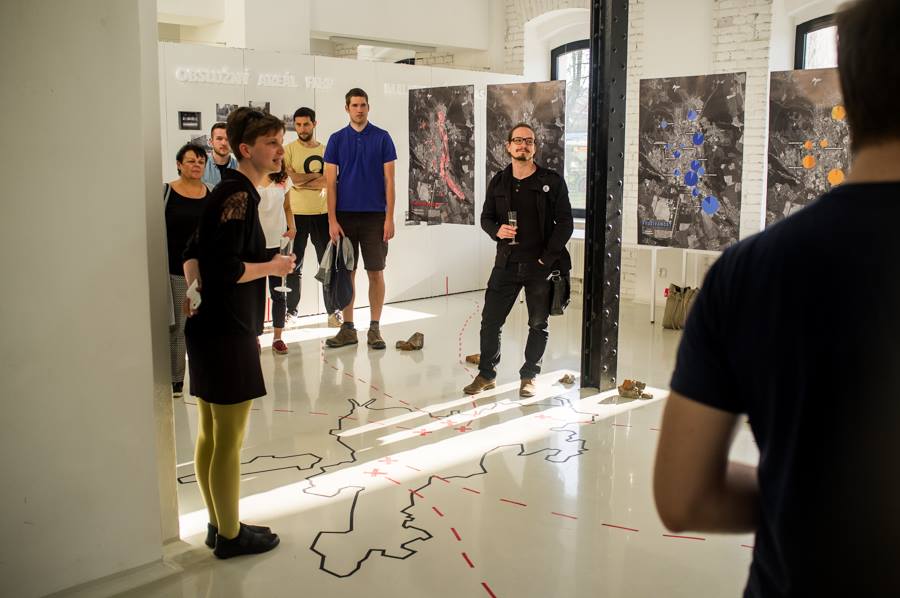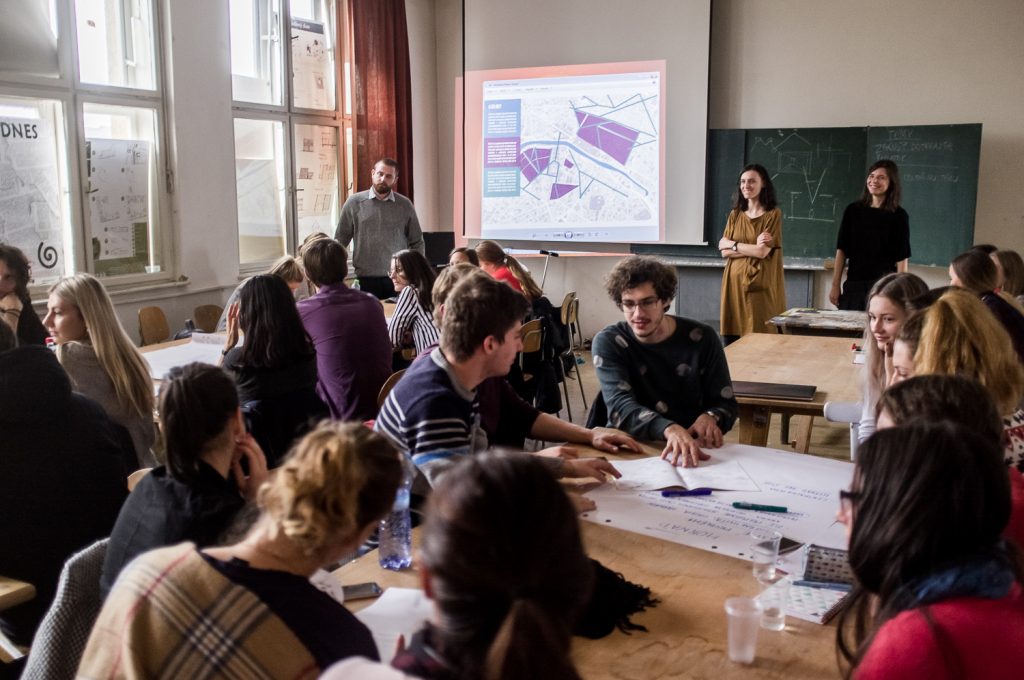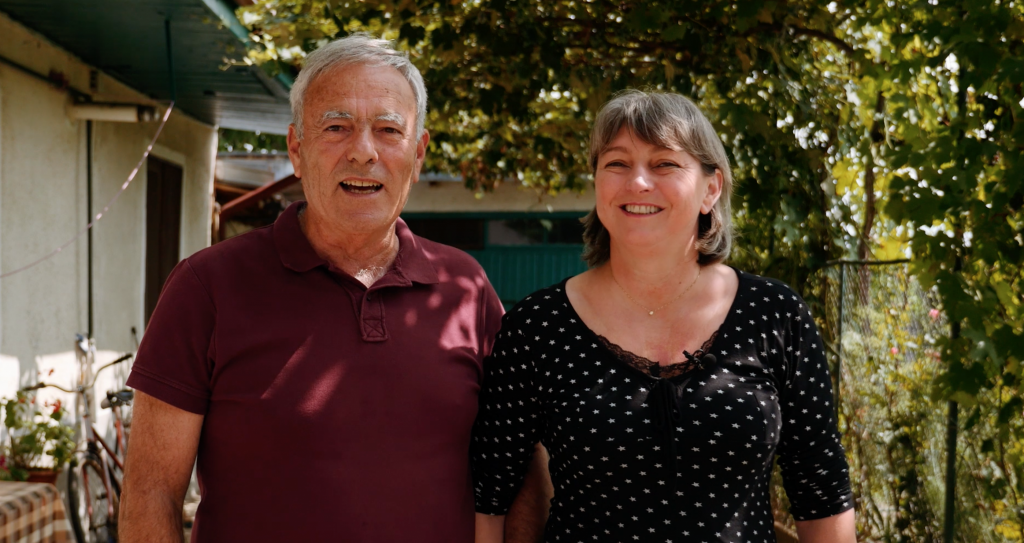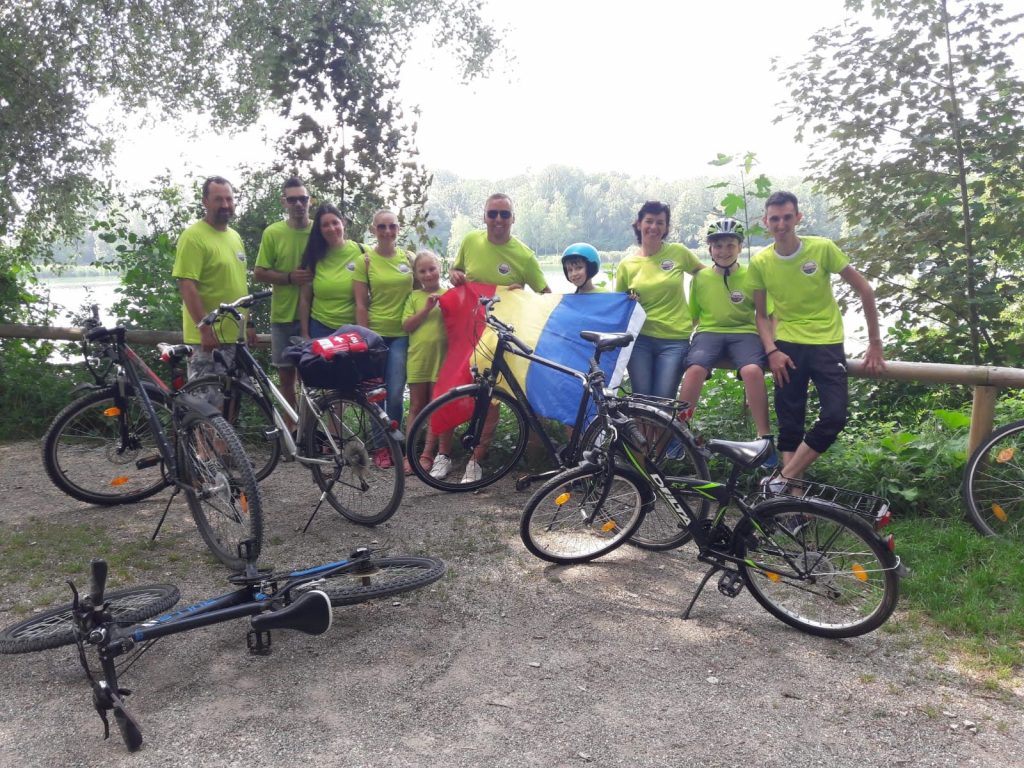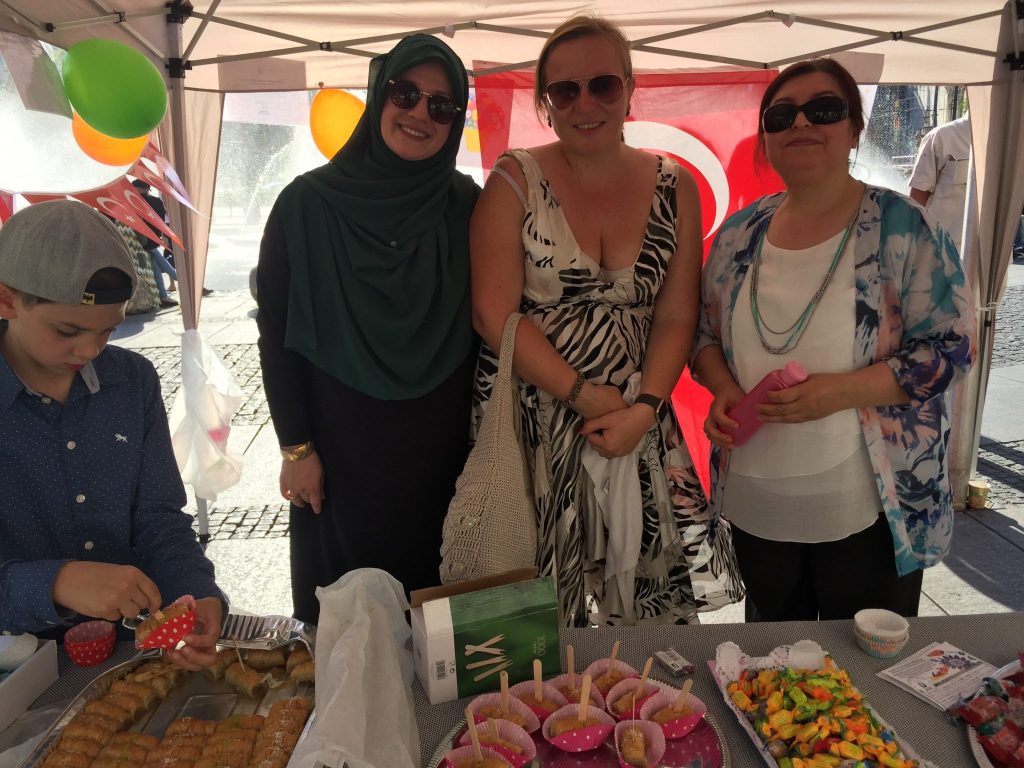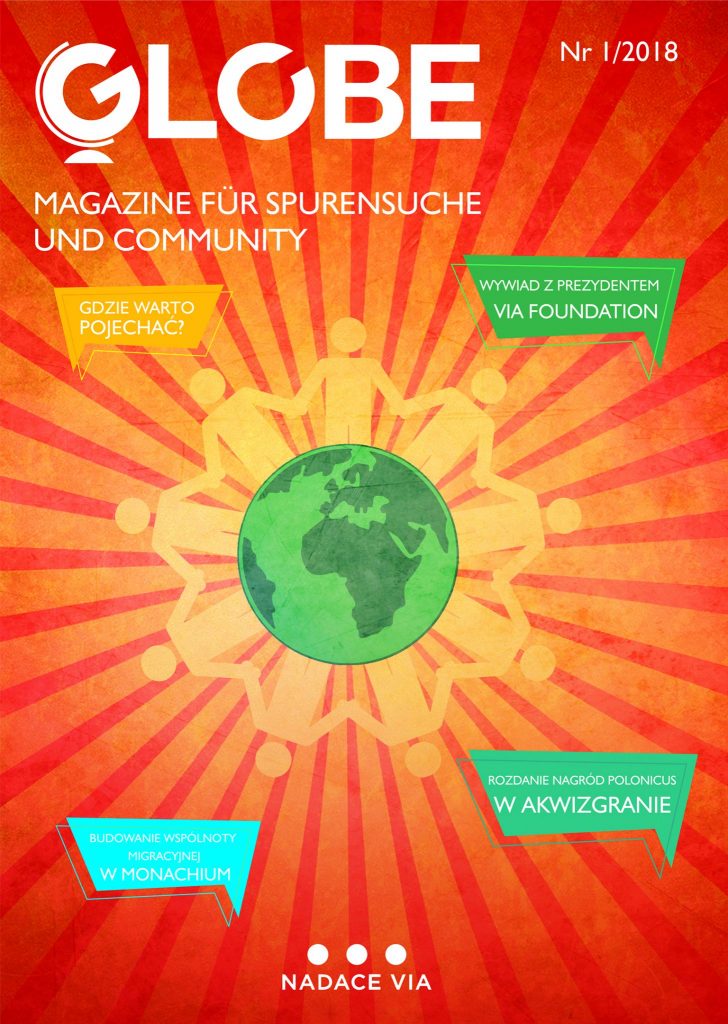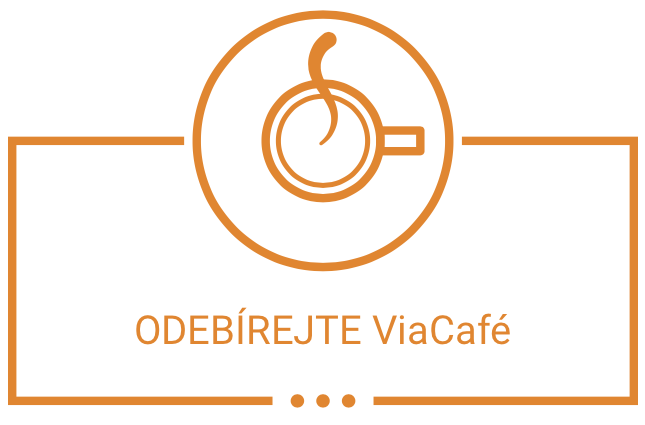ViabilityNet 3.0 is a program that supports local community leaders in Central and Eastern Europe and their ideas. Participants take part in four meetings and four study visits over a one-year period. We also support participants with grants and mentors to make their community projects sustainable and successful going forward and we provide opportunities for inspiration and sharing with other participants.
Here are three participants’ stories: the first is about a land use plan in Košice, the second features a community foundation in Romania and the third focuses on integration of foreigners.
Land use plan in Košice, Slovakia
Zuzana Tabačková is an architect from the city of Košice who divides her time between her hometown and Berlín. The proposed land use plan for the city of Košice is one thing that keeps her up at night. She and her teammates are striving to make the land use plan development a participatory process encompassing broad public discussion about the city’s future and development. Through their work, a group of experts and other decision-makers have already begun engaging in discussion. Zuzana’s group has also organized an exhibit of the proposed plan for the public and developed a website which explains the process in simple terms ( http://www.planprekosice.sk/ ). They also held a workshop on urban planning and participatory processes for municipal employees.
Diaspora and a community foundation in Fagaras
Emilia Ciurchea works at the Tara Fagarasului Community Foundation in the Romanian city of Fagaras. (A community foundation is an organization that raises money from local sources and uses it for good causes according to the given community’s needs). A distinctive feature of Emilie’s community is the sizable diaspora living abroad. Most of these individuals have relatives in the community, however, and regularly spend summers back in their hometown. Emilie is connecting people from the diaspora to permanent residents of Fagaras through gatherings in the summer and has also created promotional videos and events in Germany. These events are part of the long-term strategy she developed which outlines ways to effectively connect the diaspora to the local community.
Integration of foreigners in the neighbourhood
Several years ago, Justyna Weber settled in a highly multi-cultural district of Munich. She began focusing on various efforts to integrate migrants in her neighbourhood (many of whom have lived there for years) and on developing networks between migrants and native Germans. A series of Latin dance classes have emerged, along with community gardens, community gatherings in the local library, an event called “Meet your neighbour” and a neighbourhood newsletter titled Globe.

